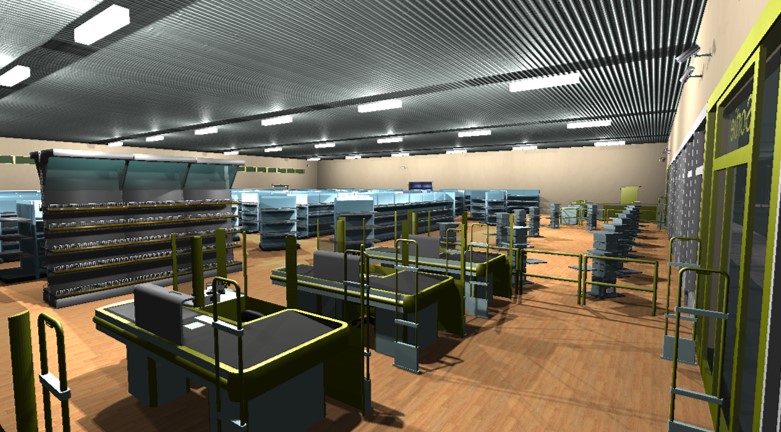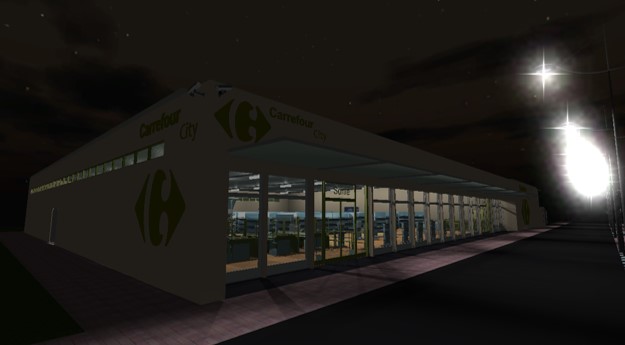

Who we are
Established in 2010 by a small, highly experienced group of engineers and architects with extensive international backgrounds in the construction sector, each boasting over 20 years of expertise. To date, we have successfully delivered numerous projects, with our primary focus being cost estimation and scheduling.
While PMS was initially founded as a project and construction management company providing on-site services, we have honed our skills and now excel in cost estimation and scheduling consultancy, primarily catering to remote clients.
Committed to High Quality Standards and Innovation
Despite being a relatively young company, our central goal is crystal clear: to provide clients with the highest quality service — a standard we had always envisioned experiencing from our project management partners throughout our professional lives before establishing PMS.
At PMS, we aspire to stay at the cutting edge of technology available in the market. We are committed to pushing the boundaries of innovation in project management and construction services. If the technology we need doesn't exist, we're dedicated to creating it ourselves.

Client-Centered, Empathy-Driven
At PMS, we believe in empathizing with our clients by stepping into their shoes. As individuals who have worked on the client side ourselves , we understand the unique perspective and demands that come with it. Drawing from the challenges we've encountered throughout our careers, we've painstakingly crafted our service standards and procedures.
These standards are not just guidelines; they're a roadmap infused with the discipline required to manage projects the right way. We know firsthand the importance of delivering results while navigating the complexities of the construction sector. Our approach is rooted in practical experience, ensuring that our clients benefit not only from our expertise but also from the insights gained through overcoming challenges.
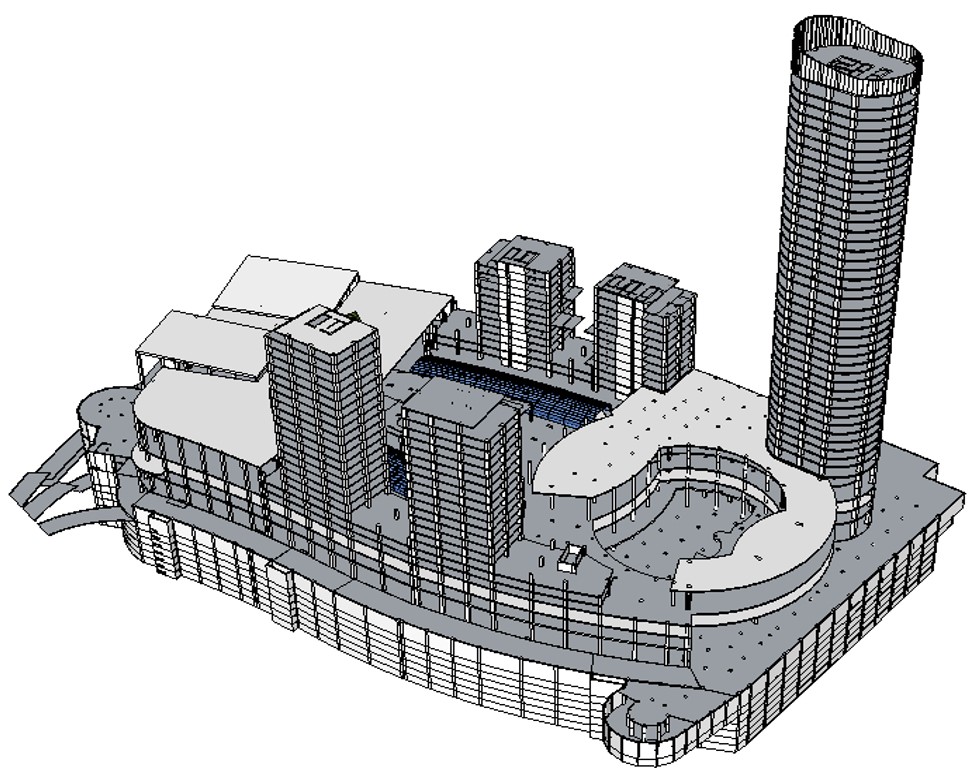
Serving Local and Remote Clients
While we are a project management company like others in the industry, we stand out through our specialization in scheduling and cost estimation services, catering specifically to remote clients in recent years, all at competitive rates.
For our local clients, we go the extra mile by providing standard project and construction management services, including on-site management, to meet your specific needs.
At PMS, our commitment is to deliver effective, value-driven project management solutions that exceed your expectations, regardless of the project's size or complexity. We look forward to the opportunity to collaborate with you and deliver successful results for your construction endeavors
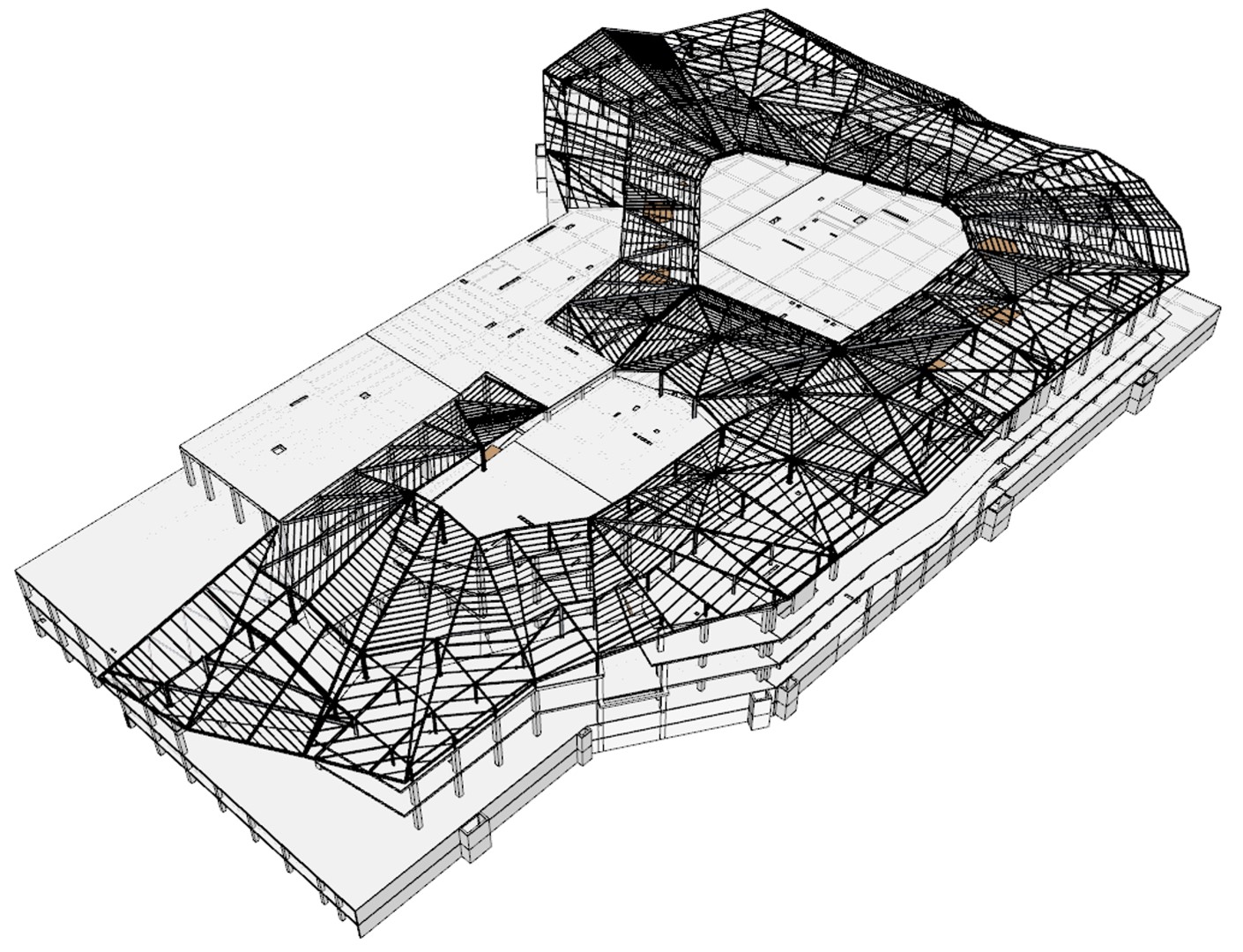
What we do
Realistic Schedules Based on Data and Experience
In our company, we regard schedules as the pivotal documents in a construction project—akin to a screenplay script in a movie. Much like the actors and set details are meticulously planned in a script, a reliable schedule is the blueprint that sets the tone for the entire project.
In our perspective, a dependable schedule begins with a realistic construction and logistics strategy. This involves illustrating and detailing the work sequences of all work groups and material/equipment logistics on paper. These plans are meticulously calculated, considering the intricacies of resources, contractual obligations, and time constraints.
In essence, a robust schedule is grounded in realistic data. Every aspect, from activity duration calculations, to amount of labor and plant requirements, material quantities, and the logical flow of work sequences, is thoroughly documented. Our commitment to precision in scheduling ensures that projects are not only well-planned but also adaptable to the dynamic nature of construction environments.
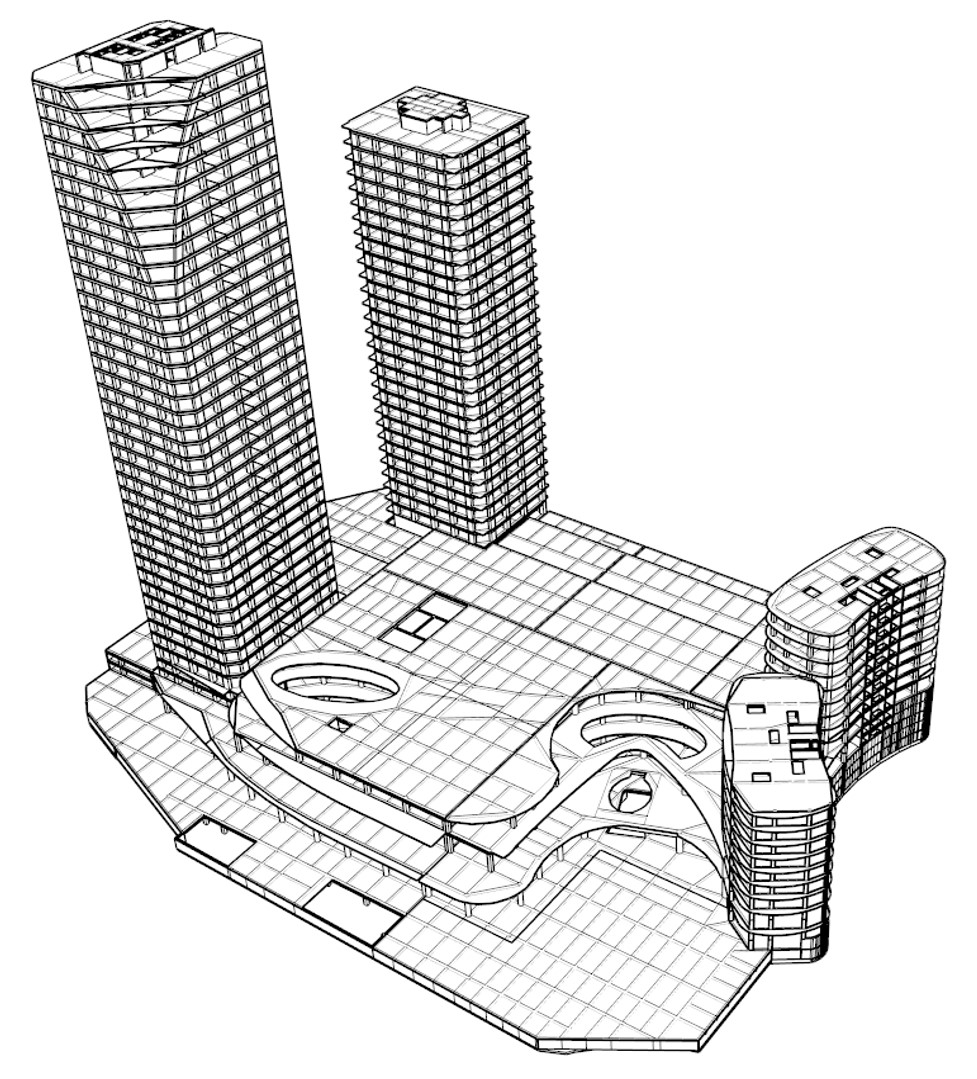
Accurate Cost Estimation & Budget
Our approach to cost estimation transcends mere number-crunching. It's about constructing a detailed roadmap that brings the project to life. This process begins by identifying cost items, which essentially are small, distinct work packages comprised of three fundamental components: scope, a specific quantity of materials and labor, and an associated price. Each cost item is carefully assigned IDs that align with the project's Work Breakdown Structure (WBS).The cost estimation or budget documents can be called as just a collection of these cost items.
Our cost estimation and budgeting process is a two-step journey. First, we embark on an extensive quantity takeoff, meticulously extracting material quantities from the design drawings provided by the project's designers. The accuracy of this phase is closely tied to the design's completeness and quality—the better the design data, the more precise our quantity takeoff.
The second step is the pricing part, demanding a robust understanding of current prices at the project location and anticipating potential fluctuations throughout the project life cycle. Estimators factor in contingencies, considering uncertainties in market conditions and ensuring the resilience of the budget.
In scenarios where construction or project budgets are prepared at early design stages, the accuracy of cost estimations may be inherently low. To address this challenge, we employ three strategic approaches: leveraging parametric cost data derived from benchmarked projects, making design assumptions for uncertain or absent elements, or predicting a contingency amount. The choice among these strategies is guided by the seasoned judgment and knowledge of our estimators, ensuring the best-fit solution for the specific project context.
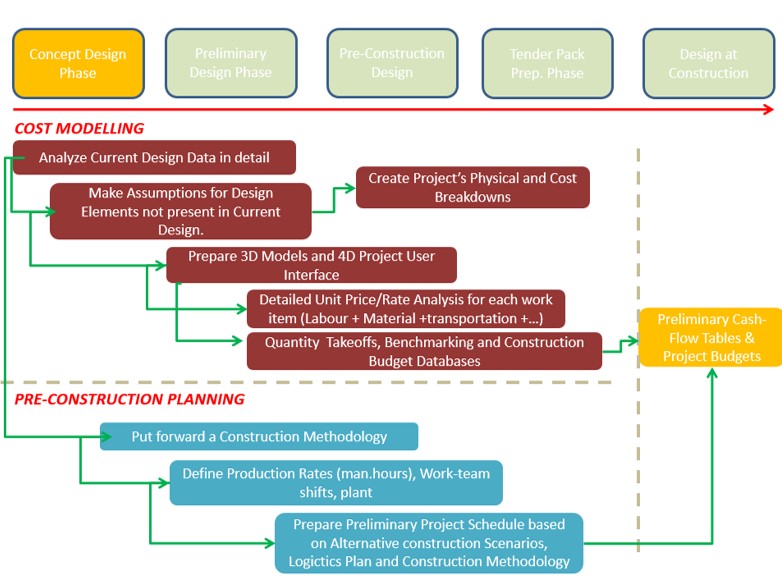
Well Structured Documents
At PMS, we firmly believe that good WBS practice is not just a project management necessity—it's a lifeline. The Work Breakdown Structure serves as the comprehensive index for all crucial project documentation, including cost estimates, Bill of Quantities (BoQs), schedules, specifications, and even design documents.
As the blueprint for project organization, the WBS not only ensures a systematic breakdown of tasks but also plays a vital role in safeguarding the overall safety and integrity of the project.
In the absence of a proper breakdown structure, a project can swiftly descend into chaos, compelling construction staff to spend an exorbitant amount of time deciphering how and where to find, relate, or categorize data —and, at times, even determining appropriate names / codes for them
What we briefly do is, we structure our WBS to systematically break down the entire project into reasonable and practical work packages. These packages are formed based on their scopes, locations, work amounts, and unique characteristics, each assigned a coding system specific to its scope. In our projects, schedule activities' IDs, budget item codes, design drawing titles, and resource codes are all derived from the WBS or adhere to the coding set within the WBS.
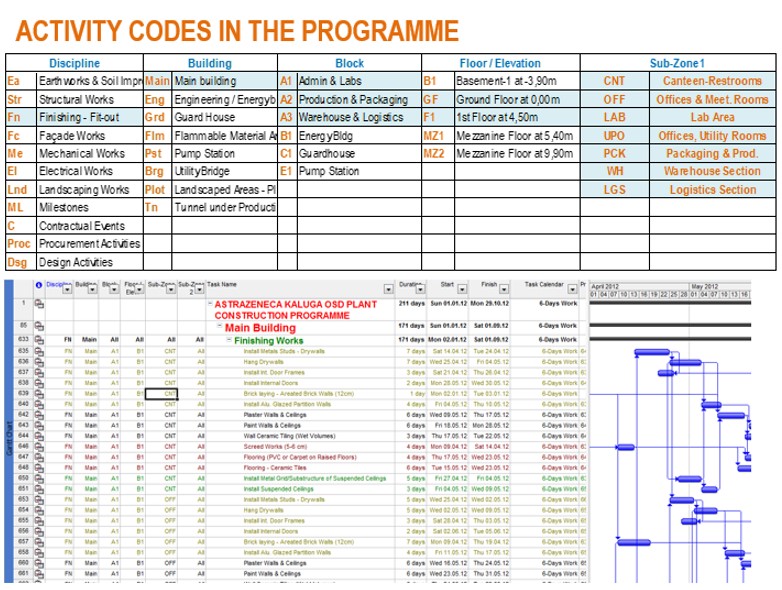
Review Your Design
In every project we undertake, our Works begins with a comprehensive review of design documents and technical data. Regardless of the specific scope of our contract, our commitment to our clients extends to reporting our findings on the existing status of the design. We firmly believe that clients should have a clear understanding of their design's status to evaluate the accuracy of cost forecasts and schedules that they'll have, enabling them to assess risks with greater clarity.
In the construction industry, it's a rare occurrence for a design to be at 100% completion when ground is broken on the construction site. More often, the design is in its infancy, typically advanced just enough to initiate preliminary elements. During the preconstruction phases, design development often aligns with the concept design stage, where we gain a general sense of the project's dimensions and scope. At this juncture, crafting precise schedules and cost estimations can be challenging.
To enhance the accuracy of the schedules and cost estimations we provide, we establish a set of assumptions for non-existing or uncertain design components. For instance, during the early concept design phase, we may make several assumptions regarding potential structural systems and convey to the client their potential impact on costs and schedules. Armed with this information, clients can compare options and make informed decisions, potentially leading to adjustments in the design development process.
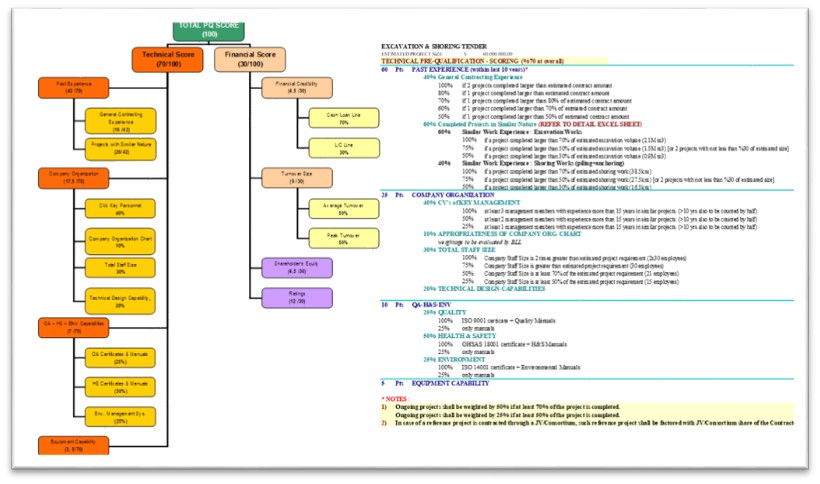
3D Models of Project Entities
We recognize the invaluable role of 3D models in project management. As an integral part of our internal procedures, we prioritize the development of 3D models for each project, leveraging available data to immerse ourselves fully in the project's intricacies, particularly during the design review and quantity takeoff stages.
Our extensive experience has taught us that 3D models significantly reduce the likelihood of errors in quantity takeoffs, cost estimations, and scheduling. The synergy of data created by our team working with 2D design data alongside the 3D model is unparalleled in terms of accuracy when compared to teams relying solely on 2D drawings.
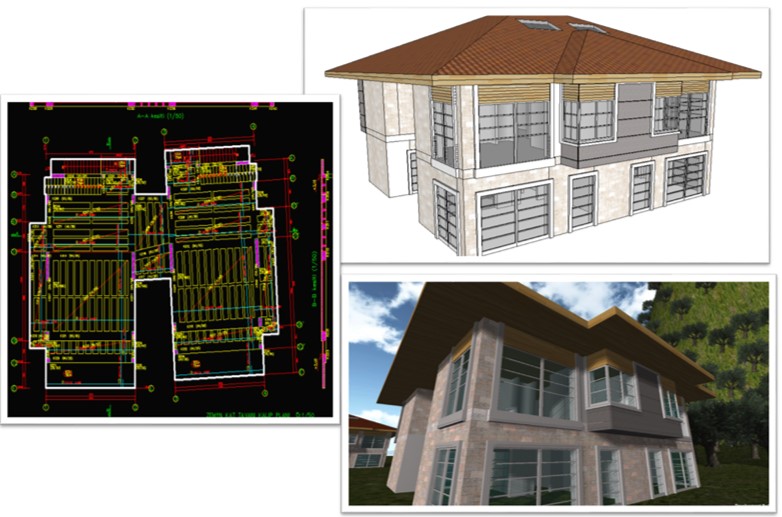
3D Realtime Experience: Walk Through Your Project Before It Exists
At PMS, we take project visualization to a new level by harnessing the expertise of our partnering software companies, specifically those skilled in programming with 3D game engines.This collaboration enables us to create cutting-edge 3D interactive models for our projects.These interactive models go beyond conventional visualization, providing users with the unique opportunity to virtually walk through the project as if it's already completed.
Within this interactive environment, users have the unique ability to experience the project as it would be upon completion. They can dynamically adjust sunlight angles, experiment with colors, and even add or remove specific design elements, providing an unparalleled level of customization and insight.
Furthermore, the interactive model incorporates a scheduling aspect, introducing the concept of 4D planning. Project schedules can be seamlessly integrated into the model, allowing users to manipulate dates and witness the real-time status of construction.
